Provost's Innovation Student Fellowship
2020-21 Cohort
Twelve University of Oregon students make up the first cohort of the Provost’s Innovation Student Fellowship program, priming the university to expand its entrepreneurial ecosystem.
The fellows selected include every level of scholarship at the university--from undergraduates in their first year to PhD students—and span more than a dozen disciplines. Members of this cohort already have some experience with entrepreneurship, whether that be as a startup founder, as an intern with an accelerator or similar organization, or as a user of the university’s Innovation Partnership Services.
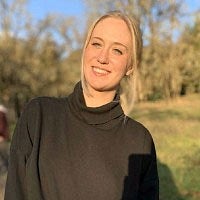
Lauren Babcock
Planning, Public Policy and Management
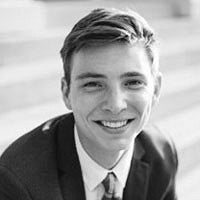
Mitchell Davey
MM Music Composition
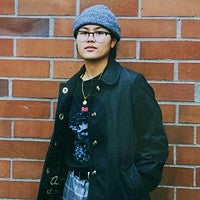
Chloe Kov
Product Design
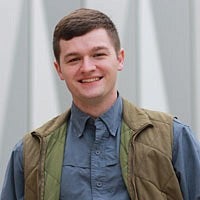
Samuel Lester
Bioengineering
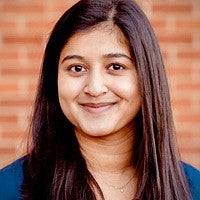
Anjali Mishra
Political Science and Sociology

Luke Rebar-Bowling
History and Economics
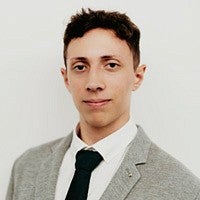
Ethan Rife
Entrepreneurship and Finance
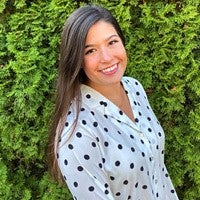
Billie Jo Risheim
Law
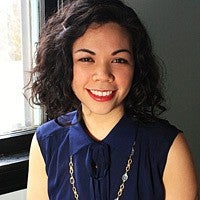
Candi Rosario
Landscape Architecture

Souhail Siddiqi
Advertising
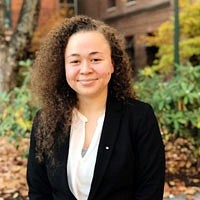
Maya Tagwerker
Business Administration

Jacqueline Zhang
Mathematics and Economics
